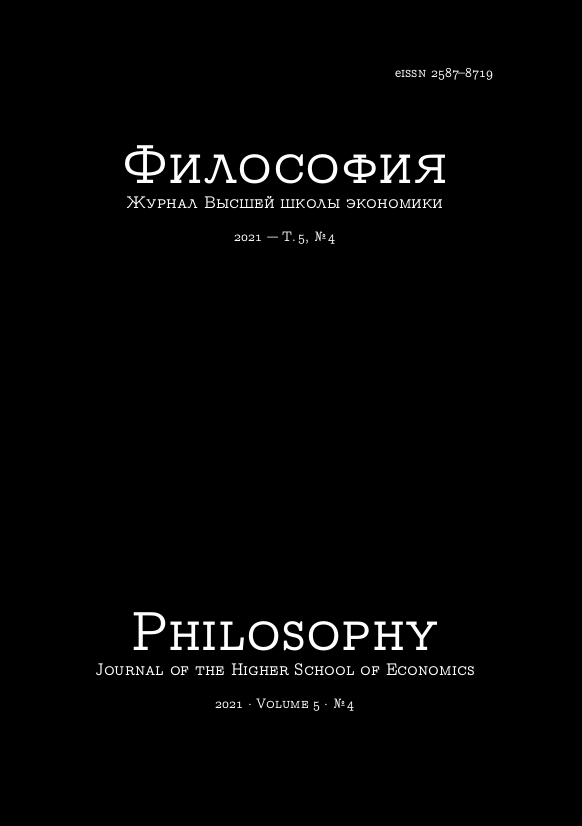Can Science be a Political Agent without a Race for Power?
Abstract
The article is an attempt to answer the question on the political subjectivity of modern science. It is hardly possible to speak of the specific political subjectivity of science and scientists as a conscious participation in the struggle for power. First, the race for power itself is not a major purpose for them: scientists concentrate on studying the world and creating new technologies. Second, even if they participate in such a race, they are not different from other social groups which protect their interests in political process. Changing the point of view on the political subjectivity of science enables to see its specific position in the space of the political. During discipline power and biopower formation and governmentality development, science became a basic element of public administration and politics. It forms the ideas of the objects managed, possible ways of interaction with them and creates the space of the political and management decisions implemented. In this case, social sciences and humanities obtain special political subjectivity. This also applies in a specific way to natural science and technical sciences. New scientific theories and technological solutions become representatives of non-human actors in the human world. They result in changing our ideas on “Nature”, a “scene” for history and political actions. The emergence of new non-human actors can cause the technological revolution which can influence the ways of political action implementation and provide new opportunities to execute political projects. This is an important element of the political subjectivity of science.
Downloads
Copyright (c) 2021 Philosophy. Journal of the Higher School of Economics

This work is licensed under a Creative Commons Attribution-NonCommercial 4.0 International License.






